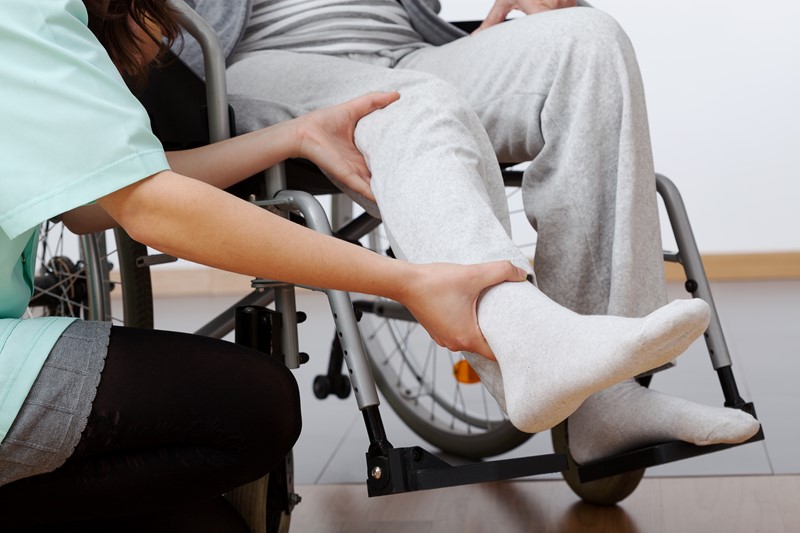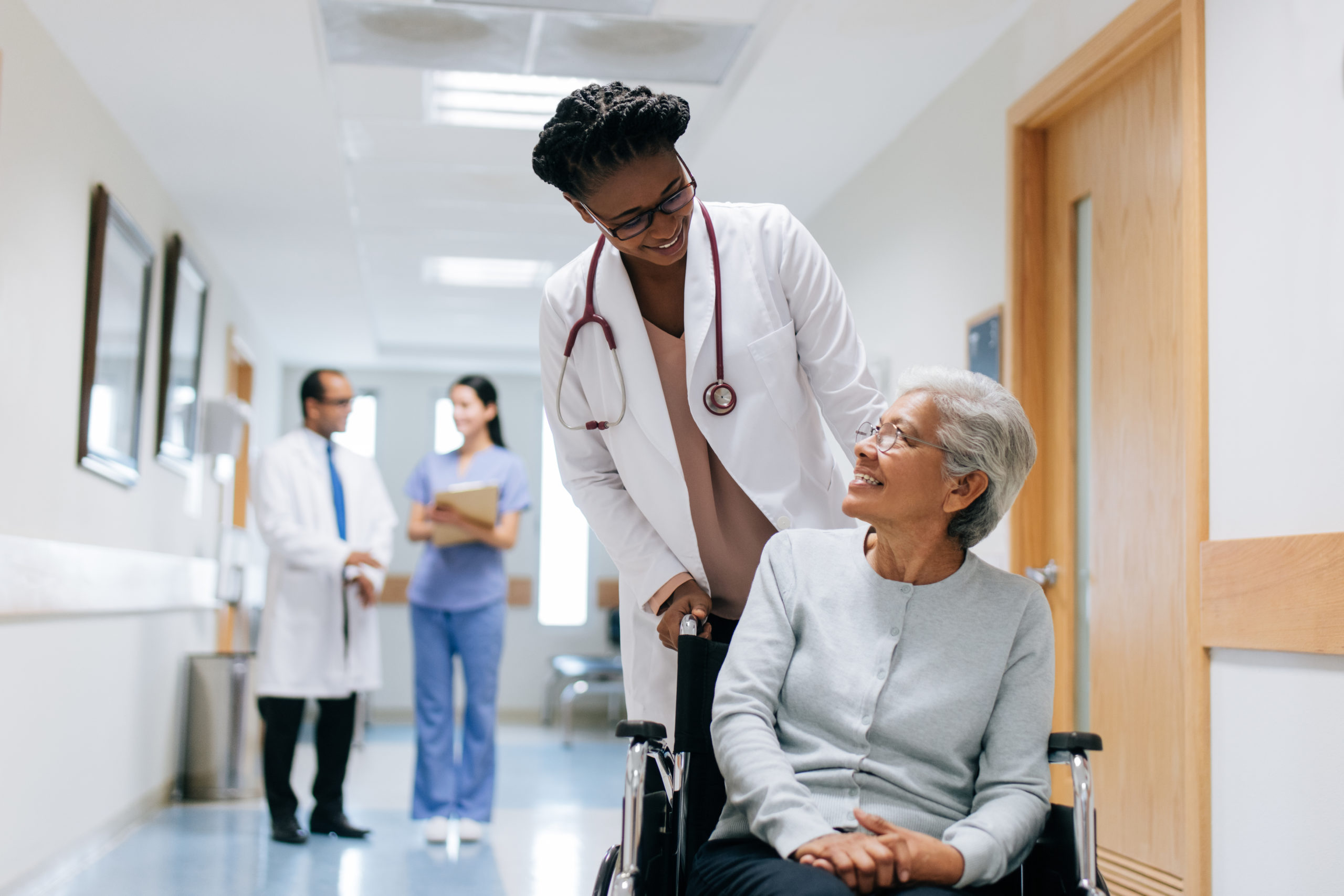Telehealth has grown to become a key concept in healthcare delivery, using technology to build bridges between patients and the care they need. With the increase in patient data being collected from wearables and devices, to video ‘visits’ from remote doctors. For patients living in today’s connected and digitised world, telehealth provides a way for them to monitor their own health, as well as giving clinicians extra tools and information to deliver more accurate, personalised care.
1. Voice-enabled wearables
Following consumer demand, digital health devices are starting to use voice-enabled technology to make it easy for people to monitor and manage their daily health. Digital assistants are able to take commands such as telling Siri to track your change in heart rate for the next hour or requesting your favourite song to get you through a tough workout. A wearable device could also help in an emergency, for instance if an elderly person had a fall but couldn’t reach their phone, a voice demand to “call 111 for an ambulance” could alert a healthcare professional instantly.
2. clinFHIR training tool
FHIR® or Fast Healthcare Interoperability Resources is a health IT standard that is helping to improve the day to day running of healthcare, by providing clinicians timely access to a patient’s electronic healthcare record. FHIR aims to boost information sharing, especially on mobile devices. An open source tool called clinFHIR has been developed to educate new users and to assist the developers of FHIR. clinFHIR is designed to help people wanting to learn more about FHIR to visualise how the parts combine to represent clinical information in a structured and coded manner. Healthcare is inherently more complex than other industries, partially due to the increased security needs around sensitive medical information. clinFHIR allows clinicians to be deeply involved in healthcare projects – it’s well recognised that projects that are clinically led have a higher success rate than those that are technically led.
3. Hydration monitoring
Wrist wearables have become extremely popular in recent years as an easy and convenient way for people to monitor and measure their health and wellbeing. One company has added a hydration monitoring feature that measures water in a person’s blood through infrared light to give them accurate information on their hydration levels. Designed for those who exercise regularly, the device will tell you exactly how much water you need in order to boost your energy in real-time and stay hydrated. The LVL device also measures activity, sleep and mood levels to give someone a fuller picture of their wellbeing. This is the kind of data that as the industry moves towards precision health, could be incorporated into a person’s electronic health record to give clinicians a holistic view of their health, allowing targeted, personalised delivery of care.
4. Taking the complexity out of medications
With the increasingly complicated web of medicines prescribed to patients with complex health issues, having patients actively engaged in their healthcare at home is becoming more important in order to keep them out of hospital. With Orion Health’s Medicines, pharmacists are able to put together an optimised list of medicines for patients, reducing risk of complications and empowering patients to understand what they’re taking. With medication data from physician prescriptions, community pharmacy dispensaries, and hospital discharge summaries – all aggregated in near real-time – healthcare providers gain an accurate, comprehensive view of a patient’s medication history in support of effective and safe care delivery.
5. Vital sign monitoring smartphone app
Vital sign instabilities are linked to an increased likelihood of death or hospital readmission. Recognition and treatment of vital sign instabilities through early warning scores can provide an easily actionable target to help providers and hospitals reduce adverse events post-discharge. Vital signs are not currently being collected in real time, and manual transcription leaves data open to error. Precision Driven Health have developed a mobile app to monitor vital signs from connected devices, that produces an early warning score for decision support. The tool captures and integrates data from devices into a patient’s personal health record, giving clinicians a much broader view of the patient. Clinicians are then able to make fast, accurate decisions based on this extra information that is presented to them at the point of care.



